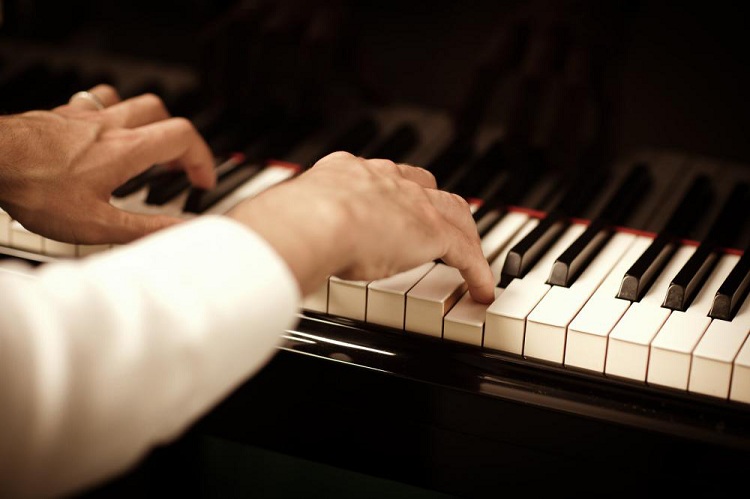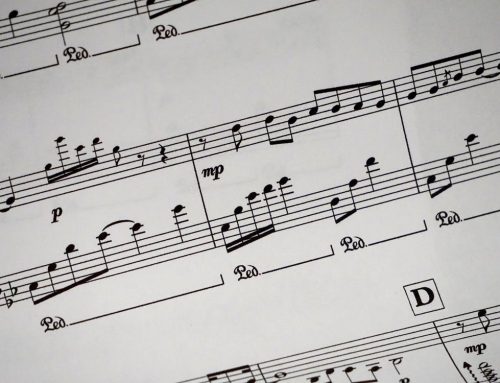If you’re looking for tips on playing the piano, then you’re at the right place! Learning how to play the piano can be a little frustrating if you don’t have the right guidance. It might even be weeks before any real progress starts to show.
We understand the struggle and we want to help make this journey easier for you. So today, we’re going to discuss 4 tips that’ll help speed things up a bit! Here we go:
Find a Great Song
When you’re learning to play the piano, try finding a great song that you feel motivated to learn. Well, of course, you need to know some basics to start off—how to position your hands, where to find the keys, etc. But you don’t want to spend too long trying to prepare for the moment when you finally start learning—just go for it!
Choosing a great song also means you have to choose the right song—it should keep you engaged and shouldn’t be too difficult to learn. Start with something you love, that’s fun but also simple! This way you won’t get frustrated too quickly!
Break It Down
You’re going to feel discouraged really quickly if you try to learn the entire song in one go! Take it step-by-0step and break it down. Make 4–10 seconds slices and try learning one slice at a time. This length is considered to be ideal for the brain to focus on!
When practicing the piano, your brain’s very active—it has to memorize the music notes and learn difficult hand movements simultaneously. So don’t rush your brain or yourself! The brain has its limits, and so do you. Practice one section in one day; and then try playing whatever sections you’ve learned so far together.
One Hand at a Time
Playing the piano means knowing how to use both hands—it takes time to train both of your hands. It’s perhaps a good idea to try playing with each hand separately. Like we said before, don’t tire yourself out by trying to learn everything at once. It’ll just overwhelm your brain!
Once you know both of your hands can play independently, you can then try playing with both hands together. Give at least 20 minutes to practice every day and the progress will start to show in no time.
Practice, Practice and Practice!
Someone wise once said, “Practice makes a man perfect;” and they were right! If you allow too many gaps in between the practice sessions, you’ll notice yourself struggling to keep up with lessons from the last session.

What’s important is how often you practice—around 20 minutes of practice twice or thrice a week is much better than one 40-minute long practice session in a week. And c’mon, we all know it’s easier to sit for smaller sessions than for longer ones; so why not use that to your advantage?
If you’re a beginner who’s struggling with music notations and song composition, then you should try your luck with Music Jotter—an online music notation software that has several features designed to help new hobbyists learn music!
Get your free demo now!






